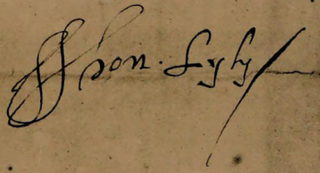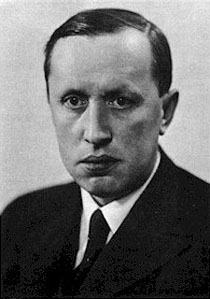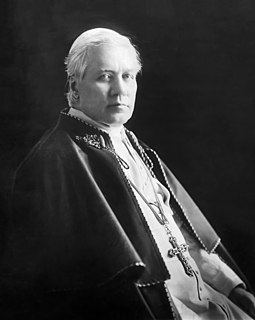A Quote by William Shakespeare
I have neither the scholar's melancholy, which is emulation; nor the musician's, which is fantastical; nor the courtier's, which is proud; not the soldier's which is ambitious; nor the lawyer's, which is politic; nor the lady's, which is nice; nor the lover's, which is all these: but it is a melancholy of mine own, compounded of many simples, extracted from many objects, and indeed the sundry contemplation of my travels, which, by often rumination, wraps me in a most humorous sadness.
Related Quotes
All that was neither a city, nor a church, nor a river, nor color, nor light, nor shadow: it was reverie. For a long time, I remained motionless, letting myself be penetrated gently by this unspeakable ensemble, by the serenity of the sky and the melancholy of the moment. I do not know what was going on in my mind, and I could not express it; it was one of those ineffable moments when one feels something in himself which is going to sleep and something which is awakening.
The establishment of inner harmony is to be attained neither in the past nor in the future, but where the past and future meet, which is the now. When you have attained that point, neither future nor past, neither birth nor death, neither time nor space exist. It is that NOW which is liberation, which is perfect harmony, to which the men of the past and the men of the future must come.
It is not the number of books you read; nor the variety of sermons which you hear; nor the amount of religious conversation in which you mix: but it is the frequency and the earnestness with which you meditate on these things, till the truth which may be in them becomes your own, and part of your own being, that ensures your spiritual growth.
The sole perfection which modern civilization attains is a mechanical one; machines are splendid and flawless, but the life which serves them or is served by them, is neither superb nor brilliant, nor more perfect nor more graceful; nor is the work of the machines perfect; only they, the machines, are like gods.
In this external world, which is full of finite things, it is impossible to see and find the Infinite. The Infinite must be sought in that alone which is infinite, and the only thing infinite about us is that which is within us, our own soul. Neither the body, nor the mind, nor even our thoughts, nor the world we see around us, is infinite.
...the great movement of apostasy being organized in every country for the establishment of a One-World Church which shall have neither dogmas, nor hierarchy, neither discipline for the mind, nor curb for the passions, and which, under the pretext of freedom and human dignity, would bring back to the world (if such a Church could overcome) the reign of legalized cunning and force, and the oppression of the weak, and of all those who toil and suffer. [...] Indeed, the true friends of the people are neither revolutionaries, nor innovators: they are traditionalists.
All the wants which disturb human life, which make us uneasy to ourselves, quarrelsome with others, and unthankful to God, which weary us in vain labors and foolish anxieties, which carry us from project to project, from place to place in a poor pursuit of we don't know what, are the wants which neither God, nor nature, nor reason hath subjected us to, but are solely infused into us by pride, envy, ambition, and covetousness.
What I mean by Socialism is a condition of society in which there should be neither rich nor poor, neither master nor master's man, neither idle nor overworked, neither brainslack brain workers, nor heartsick hand workers, in a word, in which all men would be living in equality of condition, and would manage their affairs unwastefully, and with the full consciousness that harm to one would mean harm to all - the realisation at last of the meaning of the word 'commonwealth.'
It has been the sad experience of many that much of the best and the most beautiful is lost to those whose mental food consists exclusively of the sensational paper or the cheap novel, or of that frothy mass of waste material which is thrown up like scum upon the molten metal of life--novelettes, serials, and fragments of a type which neither teach the ignorant, nor strengthen the weak, nor develop the immature.
Neither this body am I, nor soul, Nor these fleeting images passing by, Nor concepts and thoughts, mental images, Nor yet sentiments and the psyche's labyrinth. Who then am I? A consciousness without origin, Not born in time, nor begotten here below. I am that which was, is and ever shall be, A jewel in the crown of the Divine Self, A star in the firmament of the luminous One.





































